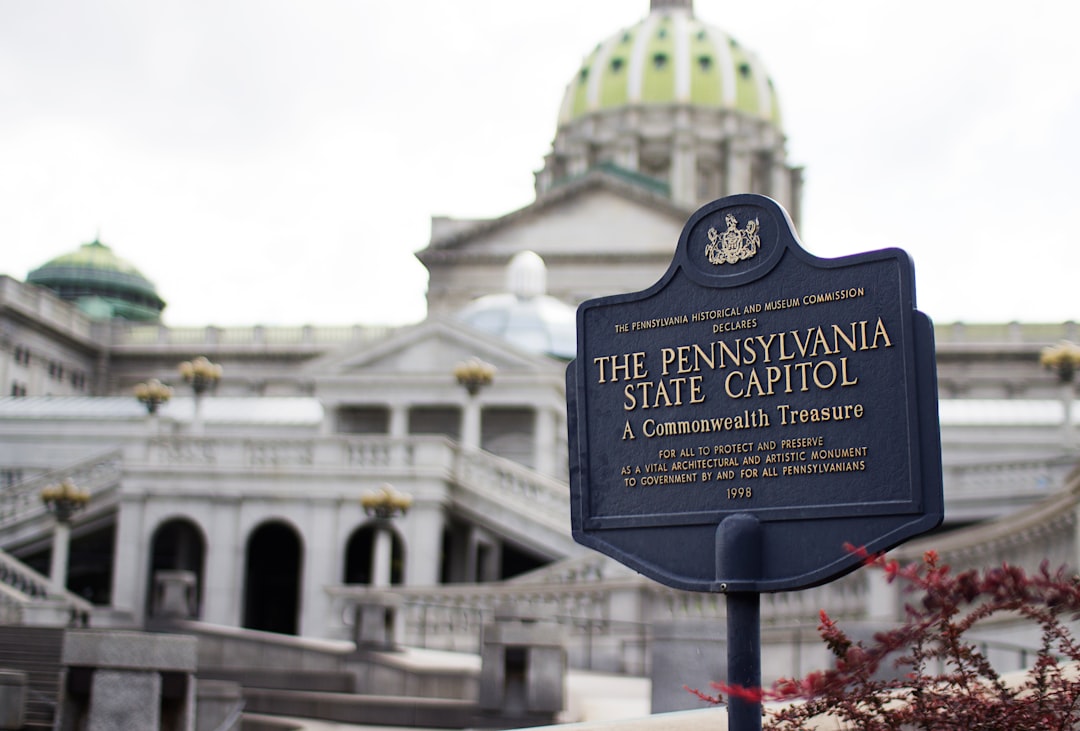Spam calls pose significant challenges to Pennsylvania nonprofits, disrupting operations and wasting time. A spam call attorney Pennsylvania can help navigate regulations, implement blocking strategies, and take legal action against spammers, fostering a safer environment. By combining technological solutions with legal strategies, nonprofits can protect their operations and focus on community service without nuisance calls. Engage a specialized spam call attorney to safeguard your organization from spam calls in Pennsylvania.
In today’s digital age, nonprofits in Pennsylvania face a growing challenge: spam calls. These relentless telephone marketing attempts not only disrupt operations but also pose legal risks. Understanding how these calls impact organizations and navigating the state’s regulations is crucial for maintaining a healthy environment. This comprehensive guide explores legal aspects, effective strategies to combat spamming, and available resources to protect your nonprofit from unwanted intrusions, with insights from top spam call attorneys in Pennsylvania.
Understanding Spam Calls and Their Impact

Spam calls, or unwanted telemarketing calls, are a pervasive issue that significantly impacts businesses and organizations across the globe. In Pennsylvania, nonprofit entities face unique challenges when it comes to these intrusive phone calls. Often disguised as legitimate communication, spam calls can disrupt operations, waste valuable time, and even compromise sensitive information. These calls may attempt to sell products or services, solicit donations, or distribute misleading information, causing distress and frustration for staff and volunteers.
Nonprofit organizations in Pennsylvania, especially those relying on phone communication for fundraising or community engagement, need to be vigilant. Engaging a spam call attorney Pennsylvania can provide much-needed guidance and legal recourse. Such professionals help nonprofits understand their rights, implement effective blocking strategies, and take appropriate actions against persistent spam callers, ensuring a safer and more productive operational environment.
Legal Aspects: What Does Pennsylvania Law Say?

In Pennsylvania, dealing with spam calls is not just an annoyance; it has significant legal implications for nonprofits. The state’s laws protect individuals and organizations from unsolicited phone marketing, including robocalls and spam calls. According to the Pennsylvania Department of State, nonprofits are not explicitly exempted from these regulations, making them vulnerable to legal action if they engage in or facilitate such activities.
A spam call attorney Pennsylvania can guide nonprofits on adhering to the Telephone Consumer Protection Act (TCPA) and similar state laws. Nonprofits must obtain explicit consent before making automated phone calls for marketing purposes. Violations can result in substantial fines, with each unauthorized call potentially incurring significant penalties. Therefore, it’s crucial for Pennsylvania nonprofits to understand and follow these legal guidelines to protect themselves from costly lawsuits and maintain their integrity.
Nonprofit Strategies to Combat Spamming

Pennsylvania’s nonprofits, like many organizations across the country, face a growing challenge from unwanted spam calls. These nuisance calls can disrupt operations, waste valuable time, and strain resources. To combat this issue, several effective strategies have emerged. First, many nonprofits are leveraging technology to implement robust call-blocking systems that automatically filter out known spammer numbers. This not only protects their internal phone lines but also educates staff and volunteers on the latest tactics used by scammers.
Additionally, partnering with a spam call attorney in Pennsylvania can provide legal recourse against persistent spammers. These attorneys specialize in navigating complex telecommunications laws to hold offenders accountable. By combining technological defenses with proactive legal measures, nonprofits can better protect their operations and focus on serving their communities without interference from unwanted calls.
Protecting Your Organization: Resources and Next Steps

To protect your nonprofit organization from spam calls, it’s crucial to understand the legal avenues available in Pennsylvania. Engaging a spam call attorney Pennsylvania is an effective step. These legal experts can guide you through the process of blocking and suing spammers under relevant state laws like the Telephone Consumer Protection Act (TCPA). They can help implement robust anti-spam measures, ensuring your organization’s phone lines remain safe and secure.
Additionally, stay informed about emerging regulations and best practices for call privacy. Regularly review your organization’s communication protocols, train staff on recognizing spam calls, and invest in reputable call blocking technologies. By combining legal expertise with proactive measures, your nonprofit can create a robust defense against spam calls, fostering a safer environment for internal communications and donor interactions.






